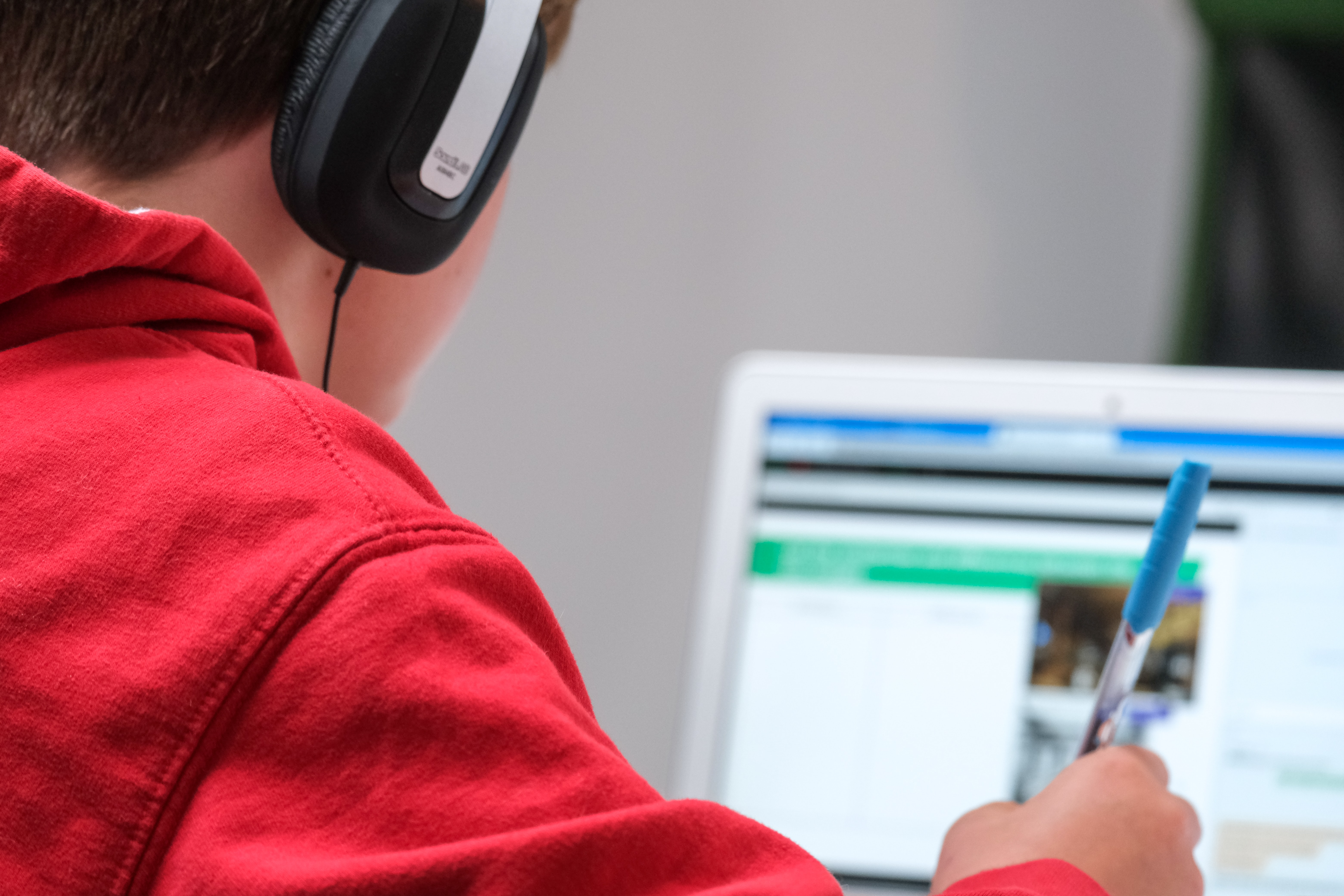by Harrison Tool
Posted on January 27th, 2022

The latest Social Policy Report from the Society for Research in Child Development includes a first-of-its-kind study by Dr. Suniya Luthar and the AC research team detailing student well-being among over 14,000 students assessed during the first three months of the COVID-19 pandemic. The study found that rates of clinically significant depression and anxiety were lower during distance learning in 2020 as compared to rates during 2019. As schools closed at the beginning of the pandemic, students' schedules were suddenly much less busy, and anxiety-inducing exams were canceled or delayed. Since the first three months of the COVID pandemic, however, rates of students reporting significant symptoms have risen, passing levels seen in 2019.
This study has clear implications for school leaders as they seek to support students' mental health during the current COVID surge. When looking at a variety of risk and protective factors linked with rates of anxiety and depression, the study found that parent support was most closely linked with symptoms. Students who felt high levels of parent support during the initial transition to remote learning were less likely to report high levels of anxiety and depression, while students who lacked this support were more likely to do so. Other predictors closely linked with student symptoms were learning efficacy, concerns heard by school adults, and students' worries about their future and grades.
These findings suggest that, as school leaders seek to promote resilience and improve well-being during this time, they should prioritize:
Coming Soon!